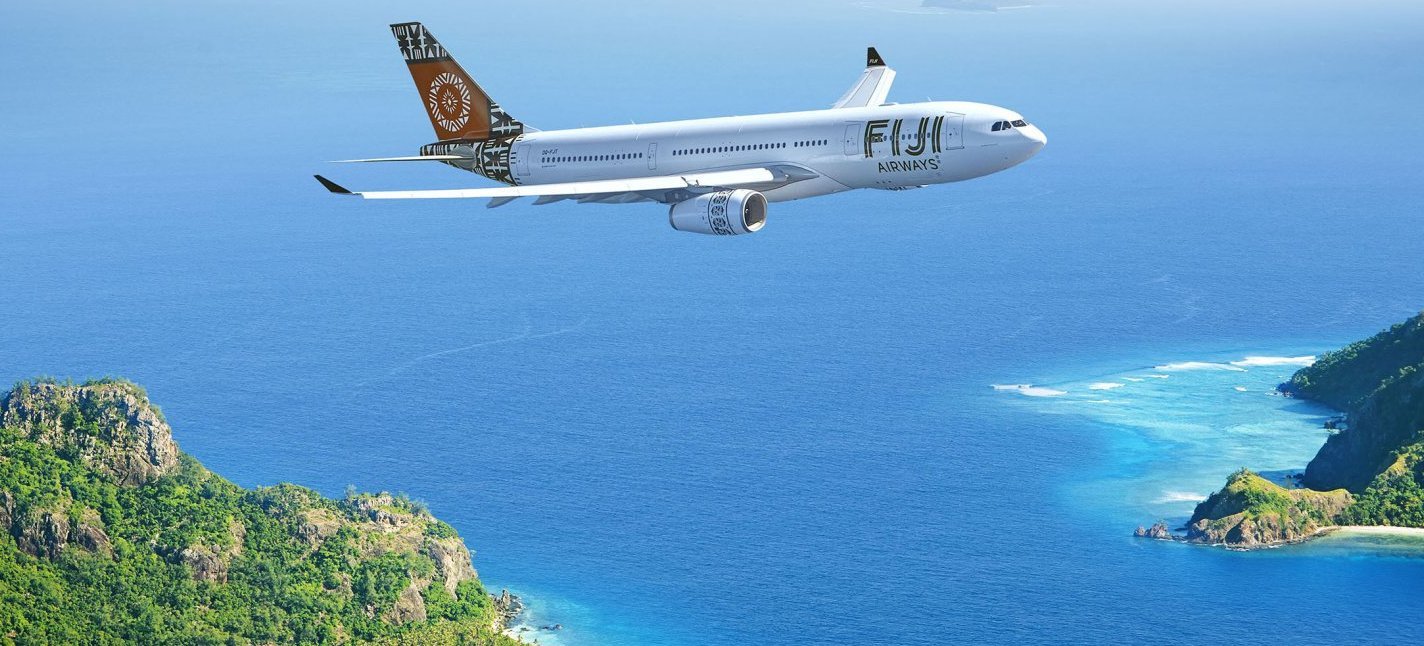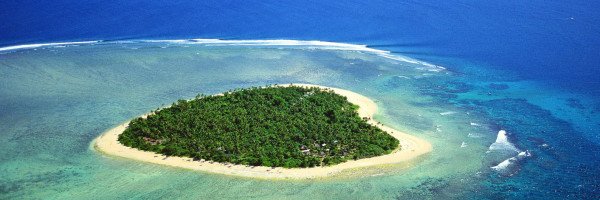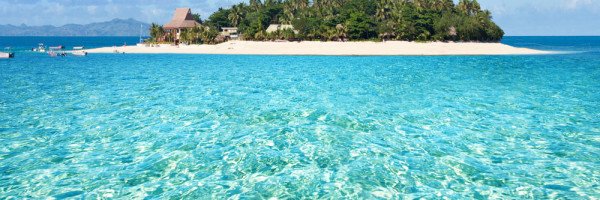Understanding Sustainable Luxury in Fiji
Sustainable luxury is a growing trend in the hospitality industry that emphasizes eco-friendly practices without compromising comfort and quality. Fiji, known for its stunning landscapes and rich marine life, is at the forefront of this movement, particularly with innovative projects like the Fiji Underwater Escape. This underwater hotel combines luxury with a commitment to environmental stewardship, demonstrating how high-end experiences can coexist with ecological responsibility.
In Fiji, sustainable luxury means creating a unique experience that respects the environment while providing guests with the comforts of a high-end resort. The hotel employs eco-friendly materials in its construction and operations, focusing on reducing carbon footprints and conserving local ecosystems. By integrating local culture and sustainable tourism practices, the hotel not only enhances the guest experience but also contributes positively to the local community.
New Zealand, with its beautiful landscapes and commitment to sustainability, mirrors these values. Eco-conscious travelers from New Zealand can learn from Fiji’s practices and incorporate similar principles into their own travel experiences, supporting local businesses that prioritize sustainability.
Innovative Eco-Friendly Design
The architectural design of Fiji’s Underwater Hotel is a testament to sustainable luxury. The structure is built using environmentally friendly materials, such as recycled steel and locally sourced timber, minimizing its ecological footprint. The hotel is strategically positioned to minimize disruption to marine life, ensuring that the natural habitat remains intact.
Moreover, the underwater design allows guests to experience the vibrant marine ecosystem up close without disturbing it. Large panoramic windows provide breathtaking views of the underwater world, while the hotel’s design maximizes natural light and ventilation, reducing energy consumption. Such innovative design principles can inspire eco-conscious builders in New Zealand, where sustainable architecture is increasingly valued.
New Zealand’s architectural landscape is evolving, with many builders exploring eco-friendly designs that prioritize sustainability. By adopting similar practices, such as using locally sourced materials and innovative energy-efficient designs, they can contribute to an environmentally sustainable future.
Marine Conservation Initiatives
Fiji’s Underwater Hotel actively participates in marine conservation efforts, collaborating with local organizations to protect coral reefs and marine biodiversity. This includes research programs aimed at monitoring the health of marine ecosystems and initiatives to educate guests about the importance of conservation. Guests are often encouraged to partake in activities like reef restoration and coral planting, fostering a sense of responsibility towards the environment.
Such conservation efforts not only enhance the guest experience but also ensure that future generations can enjoy the natural beauty of Fiji. The hotel’s commitment to marine conservation serves as a powerful model for New Zealand, where similar initiatives are crucial for protecting the unique marine environments surrounding the islands.
New Zealand has its own marine conservation challenges, particularly with threats to its coral reefs and marine species. By supporting local conservation efforts and participating in eco-friendly tourism initiatives, New Zealand travelers can help protect their own spectacular marine ecosystems while learning from Fiji’s commitment to sustainability.
Local Community Engagement
Sustainable luxury is not just about the environment; it also encompasses social responsibility. Fiji’s Underwater Hotel engages with local communities by sourcing food and materials locally, ensuring that the economic benefits of tourism are distributed among the people. This engagement creates jobs and supports local artisans, fostering a sense of pride and ownership among the community.
Guests are often given the opportunity to experience Fijian culture through local cuisine, crafts, and traditions, enhancing their stay while contributing to the local economy. This model of community engagement can be mirrored in New Zealand, where supporting local businesses and cultural experiences enriches the travel experience and promotes sustainability.
Travelers in New Zealand can seek out eco-friendly accommodations and attractions that prioritize community engagement, ensuring their tourism dollars contribute to the local economy and help preserve the unique cultural heritage of the region.
Water and Energy Conservation Practices
Water scarcity is a pressing issue for many tropical destinations, including Fiji. The Underwater Hotel employs innovative water conservation techniques, such as rainwater harvesting and water recycling systems, to minimize its impact on local water resources. Additionally, the hotel utilizes solar panels to power its operations, significantly reducing reliance on fossil fuels.
Energy-efficient appliances and lighting further contribute to the hotel’s commitment to sustainability, ensuring that guests enjoy luxury without compromising the environment. Such practices not only benefit the hotel but also set a precedent for sustainable tourism in the region.
In New Zealand, where water conservation is equally important, travelers can support eco-friendly accommodations that implement similar practices. By choosing hotels that prioritize energy and water efficiency, New Zealanders can contribute to the global effort of achieving sustainable luxury.
Zero Waste Initiatives
The Fiji Underwater Hotel has implemented a zero-waste policy, aiming to minimize waste production and promote recycling among guests. This initiative includes composting organic waste, recycling materials, and minimizing single-use plastics. By eliminating waste, the hotel not only enhances its sustainability but also educates guests about responsible consumption.
Guests are encouraged to participate in this initiative, learning how their choices impact the environment. The hotel often provides reusable items for guests, such as water bottles and shopping bags, promoting sustainable practices that can be adopted even after their stay.
New Zealand is also making strides in waste management and zero-waste initiatives. Eco-conscious travelers can support local businesses that prioritize reducing waste and promote sustainable practices. By choosing to minimize waste while traveling, New Zealanders can contribute to a cleaner, greener future.
Creating Lasting Impact Through Education
Education is a vital component of sustainable luxury at Fiji’s Underwater Hotel. The hotel offers workshops and seminars on marine conservation, sustainability, and the importance of protecting the environment. These educational programs aim to inspire guests to adopt sustainable practices in their own lives, creating a ripple effect that extends beyond their stay.
By fostering a culture of sustainability, the hotel ensures that its impact lasts long after guests check out. This commitment to education can serve as a model for New Zealand’s tourism industry, where educating travelers about the local environment and culture can enhance their experience and promote responsible tourism.
New Zealand travelers can seek out experiences that prioritize education and sustainability, ensuring that their travels contribute positively to the environments and communities they visit. By supporting initiatives that educate about conservation, New Zealanders can play a crucial role in preserving their unique landscapes for future generations.
FAQs
What is the concept of sustainable luxury in Fiji’s underwater hotel?
Sustainable luxury in Fiji’s underwater hotel refers to providing a high-end experience while ensuring minimal environmental impact. This includes using eco-friendly materials, renewable energy sources, and practices that support marine conservation and the local community.
How does Fiji’s underwater hotel minimize its environmental footprint?
The hotel minimizes its environmental footprint by utilizing solar energy for power, implementing water conservation systems, and using biodegradable products. The design also focuses on preserving the natural marine habitat, ensuring that the local ecosystem remains undisturbed.
What eco-friendly practices are implemented at Fiji’s Underwater Escape?
At Fiji’s Underwater Escape, eco-friendly practices include sustainable sourcing of materials for construction, waste management systems that promote recycling, and initiatives to support local fisheries and communities, helping to create a balanced environment both on land and underwater.
How does the hotel contribute to marine conservation efforts?
The hotel contributes to marine conservation by partnering with local organizations to monitor and protect coral reefs. Guests can participate in educational programs that raise awareness about marine life, and a portion of their stay is often donated to conservation initiatives.
Can guests engage in sustainable activities during their stay?
Yes, guests at Fiji’s Underwater Escape can engage in various sustainable activities such as guided snorkeling tours, coral planting, and beach clean-up efforts. These activities are designed to educate guests about the importance of preserving the marine environment while allowing them to enjoy the beauty of Fiji.
What accommodations are available for guests concerned about sustainability?
Guests concerned about sustainability will find that Fiji’s underwater hotel offers eco-friendly accommodations equipped with energy-efficient appliances, organic bedding, and water-saving fixtures. The hotel also emphasizes locally sourced food options in its dining facilities.
Is it possible to visit Fiji’s underwater hotel on a budget?
While Fiji’s Underwater Escape is known for its luxury offerings, the hotel sometimes provides special packages and off-season rates that can make stays more affordable. Additionally, exploring local options and combining activities can create a memorable experience without compromising on sustainability.
References
- Fiji Islands Official Tourism Website – The official site provides insights into Fiji’s tourism offerings, including sustainable practices and eco-friendly accommodations.
- Forbes: How Luxury Hotels Are Embracing Sustainability – This article discusses the growing trend of sustainability in the luxury hotel sector, highlighting innovative practices.
- Sustainable Luxury: The Future of Luxury Travel – A platform dedicated to exploring sustainable luxury, focusing on eco-friendly initiatives in the travel industry.
- World Wildlife Fund: Sustainable Luxury Travel – An overview of how luxury travel can align with sustainability efforts, including case studies of eco-friendly hotels.
- NBC News: Hotel Industry Takes Eco-Friendly Approach – This article reviews recent trends in the hotel industry towards sustainability, including examples of eco-conscious hotels worldwide.







